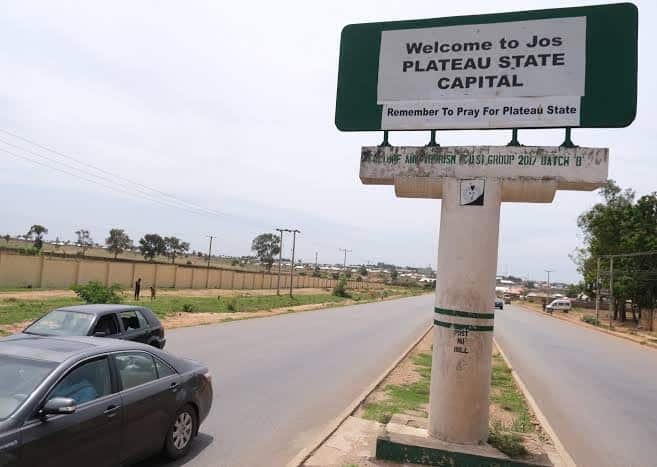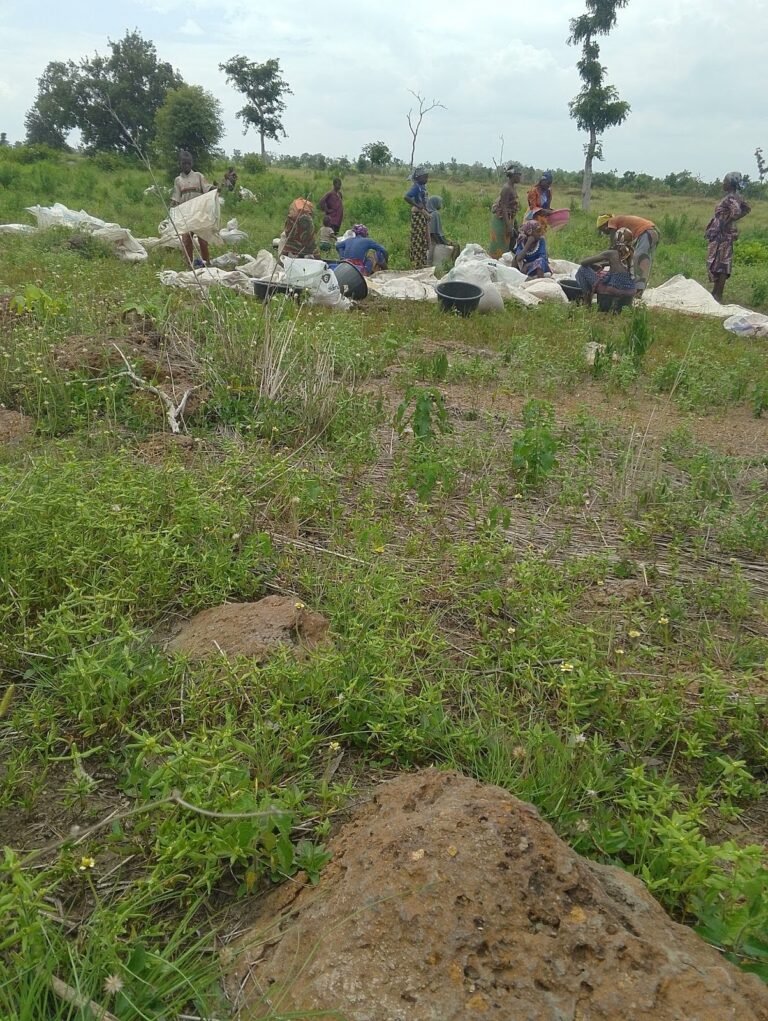Imagine living in a state where you cannot move freely after 6pm, where your main mode of transportation is banned for half of the day, and where your business and income are affected by the restrictions. This is the reality for many residents of Plateau state, Nigeria, who have been living under a curfew for more than 20 months, following a security crisis that claimed lives and property in some local government areas in August 2021.
The curfew banned the operations of tricycles or Keke NAPEP and has affected the economy and livelihoods of the people, especially those who depend on them for transportation and income.
Plateau state is one of the six states in Nigeria’s north central geopolitical zone. It boasts a rich and diverse cultural heritage, natural resources and tourism potential. However, communal violence and insecurity have plagued the state frequently and hindered its development and peace.
For many years, the state has been trying to break the cycle of violence and restore lasting peace among its diverse communities. In 2018, a series of clashes between farmers and herders in several villages in the state killed more than 200 people. In 2020, no fewer than 13 persons were reportedly killed in bloody clashes between Fulani militias and Irigwe youths in some communities in Bassa Local Government Area of the state.
The incident that led to the lingering curfew happened on Saturday, August 14, 2021, when unknown assailants attacked a convoy of commuters along Rukuba road in Jos North LGA. The attack killed 23 innocent people and injured another 23. The state government said it noticed that some people planned to retaliate for the attack and take the law into their own hands. To stop the situation from getting worse, the government had to impose the curfew and imposed a temporary ban on tricycles.
“Having reviewed the reports and monitored the unfolding scenario, Government is concerned about the persisting tensions and reported attempts by some persons to take the laws into their hands by threatening to attack individuals and private facilities, as well as public property.
“In order to avoid further deterioration of the situation and to protect lives and properties of the citizens, I have directed the imposition of curfew on Jos North, Bassa and Jos South Local Governments commencing 6pm to 6am from today, 14th August 2021,” the report reads.
Then on September 8, 2021, the government partially lifted the curfew and relaxed the ban on tricycles, allowing them to operate from 6am to 6pm daily. The move came after a meeting of the State Security Council (SSC) presided over by Governor Lalong. Twenty months later, findings confirmed that curfew still lingers in Jos whereby no tricycle is allowed to operate between the hours of 6p.m. to 6a.m, enforced by government’s law enforcement agencies.
As the curfew persists, business owners are complaining of profit loss and low income while individuals are facing difficulties in their day-to-day intra-state transportations. Keke riders bemoan hardship in their daily job and plead for total relaxation of the curfew.
The curfew has had negative impacts on various sectors and groups in Plateau state. One of them was the Plateau Economic and Investment Summit, which had been scheduled for September 1 and 2, 2021, but postponed due to the curfew. The summit was meant to showcase the investment opportunities and potentials of the state to local and foreign investors.
Mr. Ugochukwu Daniel, an electronics shop owner at Masalaci jummah area, opposite police C Division in Jos, recounted how he lost several plasma TV screens while delivering them to customers through bikes. He said that such damages would not have happened if he had used tricycles.
“The curfew is still ongoing up till now though not as active as it used to be,” said Daniel. “But it’s affecting us, especially those that don’t have their personal motorcycle or car.”
Shop owners have to close their shops before 6pm so as to catch up with a tricycle to their homes. Many of them lament they lose late-hour customers who usually patronize them after work. Market women say they experience an enormous decrease in income as a result of low turnout of customers who find it difficult to visit and leave the market without tricycle after 6pm.
The effect of the curfew could be felt on people’s social life and mobility. Residents say they refrain from visiting their friends and relatives in other parts of the state or attend social events due to the fear of being caught by immobility after 6pm.














